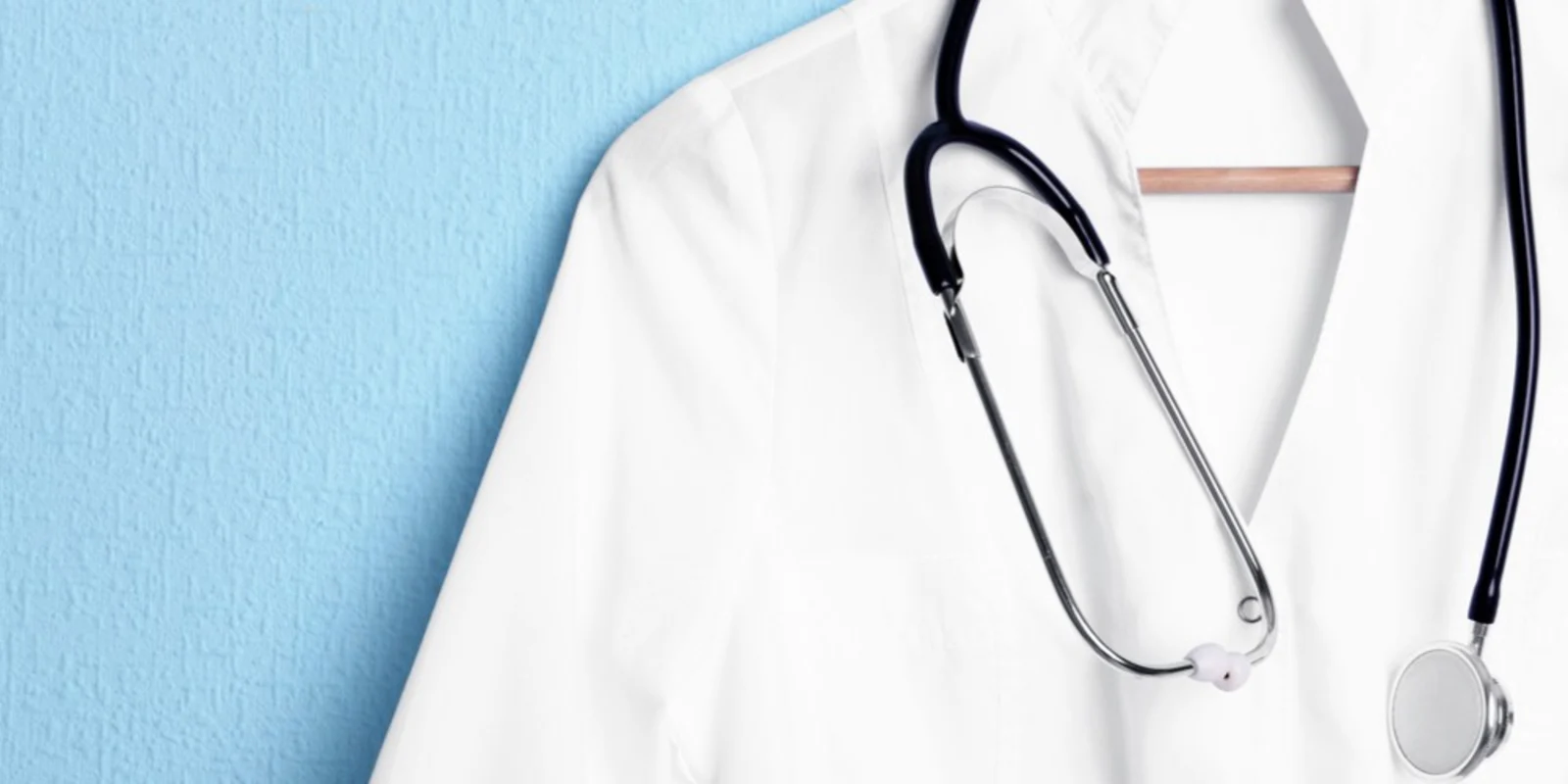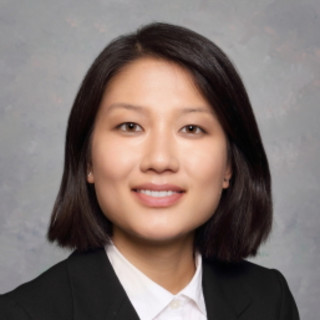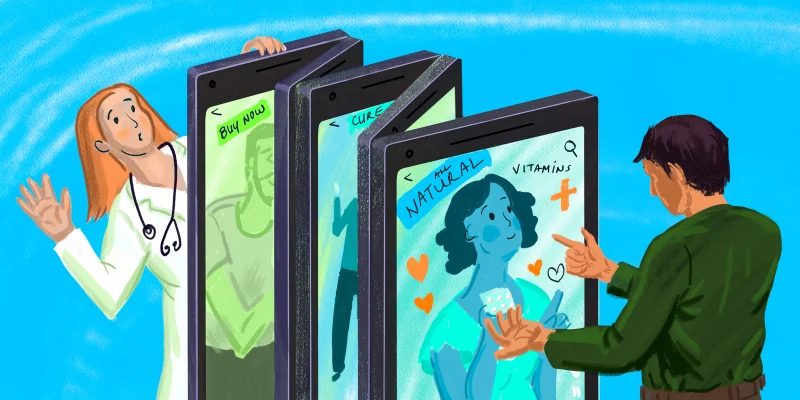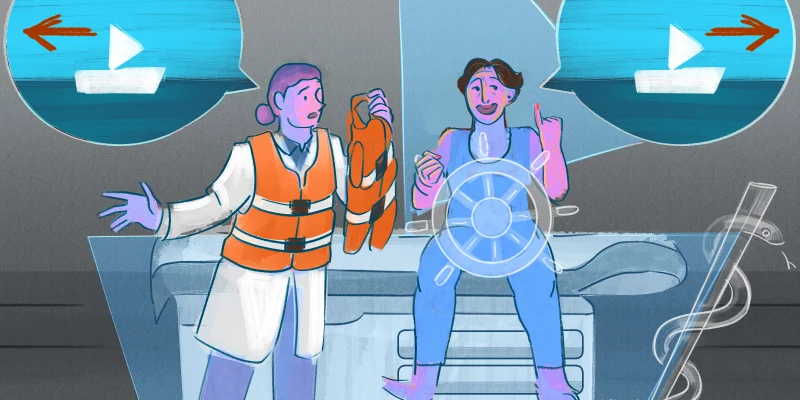
For Paul
In light of today’s political landscape, the term “privilege” seems to be more divisive than ever. Despite the many kinds of privilege, I don’t particularly empathize with any groups infiltrating the media. Although I am a naturalized citizen, I am an immigrant woman of color. My parents are hard-working first generation immigrants who obtained well-paying professional jobs, but we are not affluent by any means. In contrast, becoming a medical student granted me a rite of passage that offered the utmost privilege.
My first rotation in internal medicine was at the Milwaukee Veterans Affairs (VA) hospital. For one month, my team had been taking care of the sickest patient in the hospital — let’s call him Paul to circumvent HIPPA violations. On first impression, Paul seemed like most patients at the VA — an elderly male who presents with acute on chronic exacerbation of disease with a past medical history of coronary heart disease, chronic heart failure, chronic kidney disease, hypertension, type 2 diabetes, hyperlipidemia, obesity, and the like. Paul’s health was super labile, requiring many emergent trips to the intensive care unit. His failing organ systems were constantly battling one another instead of working in unison. His heart underwent atrial fibrillation and ventricular fibrillation simultaneously, and fortunately, his pacemaker sustained life. However, his worsening heart failure led to cardiogenic shock, which exacerbated his pulmonary edema and acute on chronic kidney injury, making him more ill. During rounds one morning, our attending inquired about the patient’s healthcare wishes, and Paul deferred all decisions to his sons. He could barely muster up the energy to speak, that’s how close to the end of life he was. He muttered, “I am feeling desperate.” At that moment, I started sobbing, which escalated to hyperventilating, and finally a panic attack. Several days later, Paul passed away.
Since Paul’s death, I have questioned my ability to become a physician. Am I strong enough to undergo such an emotionally disheartening and overwhelmingly stressful career? Am I capable of taking control of people’s lives, and importantly, letting go when biomedicine fails to sustain them? After weeks of ruminating, I have internalized that most chronic diseases remain incurable, forcing patients to rely on maintenance drugs and scheduled procedures to survive. Acute exacerbations of morbid conditions send patients to the hospital again and again for a seemingly temporary fix. Yet without compassionate providers to treat patients in their most vulnerable state, they would have no fighting chance at all. I am not weak. I just have empathy.
As medical students, we have the privilege of learning from patients as we take care of them. This is an unwritten advantage that I took for granted during my first several rotations. Paul, like many other patients, gifted us the opportunity to learn about the complexities of his sensitive medical case, treat his comorbid conditions, and contribute to intimate healthcare decisions with his family. Throughout the month, his waxing and waning mental status, deteriorating heart failure, end stage renal disease, and ambiguous liver disease (still undiagnosed because the liver biopsy was never performed) taught us how to manage a rapidly declining sick patient. Each time Paul suffered from an acute failure, our team revived him, analyzed the physiological etiology behind his collapse, and gained applicable knowledge from each experience. I recognize that the colossal leap between obtaining scientific knowledge during the first two years of medical school and applying clinical knowledge in the hospital relies primarily on treating patients. Before my rotation, seeing patients was just an obvious educational step towards becoming an adequate physician. Now, I am acutely aware of what seeing patients brings to our medical training — a prestigious privilege implicit with our whitecoats.
The white coat signifies a respectable authority backed by scientific rationale and clinical acumen. Our clinical knowledge is the result of years of intense medical training that differentiates us from others. Until recently, I perceived this knowledge, ingrained in us through disciplined studying and countless exams, to be common knowledge. I still find it surprising when patients ask me to explain medical jargon like “edema” or “febrile” — conditions we innately understand. My cultural upbringing and past experiences further shape my personal definition of white (coat) privilege. I am lucky to be a first-generation migrant. I learned English as a third language from tapes and Bible books. Growing up, peers taunted me for being strange, mocking me for the clothes I wore, the language I spoke, the Chinese traditions I maintained. I am lucky to be a female. I am pursuing a career which consisted of a meager 6% females about five decades ago; now, females encompass 50% of the field. Because I have experienced struggle and defied the status quo, I am able to relate to patients with different backgrounds — those who are foreign born, of a low socioeconomic status, without a high school diploma, and beyond.
To Paul and patients like him, we could not be more grateful for you. Thank you for granting us this white (coat) privilege.







